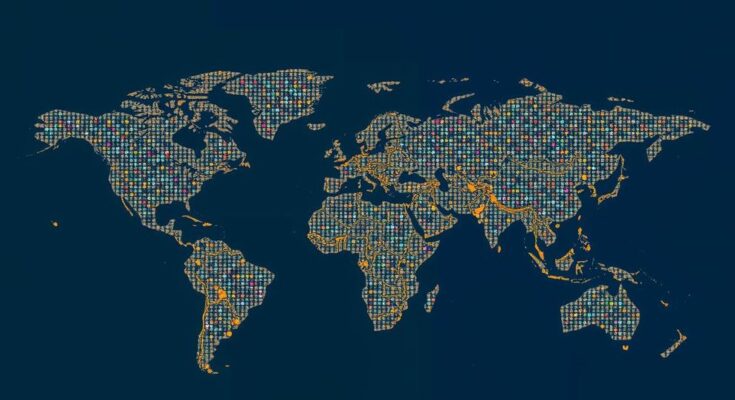The US-Chile income tax treaty, which came into force on December 19, 2023, enables MNEs to access mutual agreement procedures and bilateral advance pricing agreements to minimize double taxation. This treaty comes at a crucial time as audit activities in Chile are on the rise, and is significant as it is only the second US tax treaty with a South American nation in force and the first in over ten years.
On December 19, 2023, the income tax treaty between the United States and Chile officially took effect. This treaty allows multinational enterprises (MNEs) to utilize mutual agreement procedures (MAPs) and bilateral advance pricing agreements (APAs) to mitigate double taxation, thus enhancing tax certainty for businesses operating across these borders. The treaty’s implementation is particularly significant for MNEs, considering the rising levels of audit activities in Chile, which are anticipated to persist into the future. For the United States, this treaty represents only the second comprehensive bilateral tax treaty with a South American nation and marks the first new treaty of this nature to come into force in over a decade.
The United States and Chile have a long-standing relationship that has now been expanded through this tax treaty. The goal of such treaties is to avoid double taxation on both countries’ residents and corporations. The introduction of MAPs and APAs as part of this agreement will provide MNEs with greater flexibility and security when conducting international business, thereby fostering economic cooperation and investment. As tax audits become more prevalent in Chile, the availability of systematic procedures for resolving disputes becomes increasingly valuable for businesses.
In conclusion, the US-Chile income tax treaty is a valuable advancement for multinational enterprises seeking to operate with increased tax certainty in Chile. By allowing MNEs to leverage mutual agreement procedures and advance pricing agreements, the treaty mitigates the risks associated with double taxation. Furthermore, the treaty reflects a strategic move by the United States to enhance its tax treaty network in South America, facilitating stronger international economic relations.
Original Source: news.bloombergtax.com




